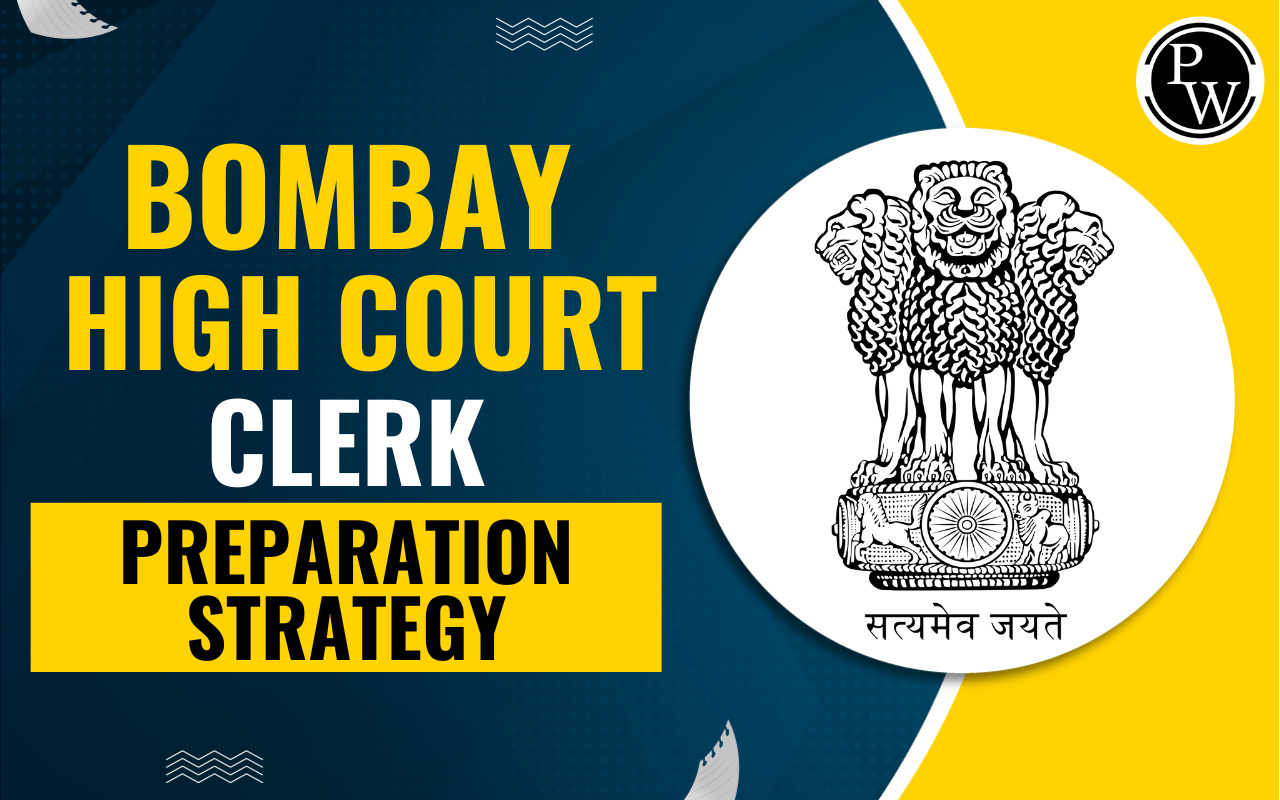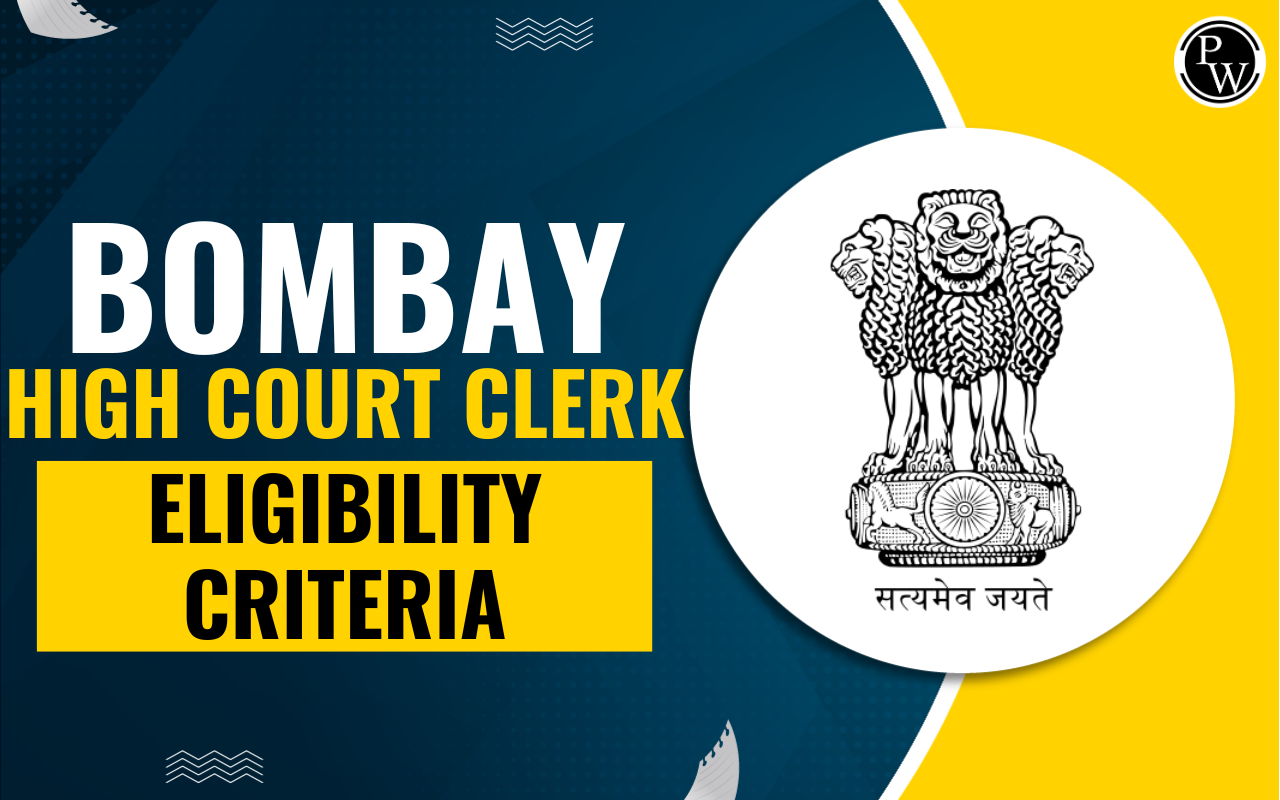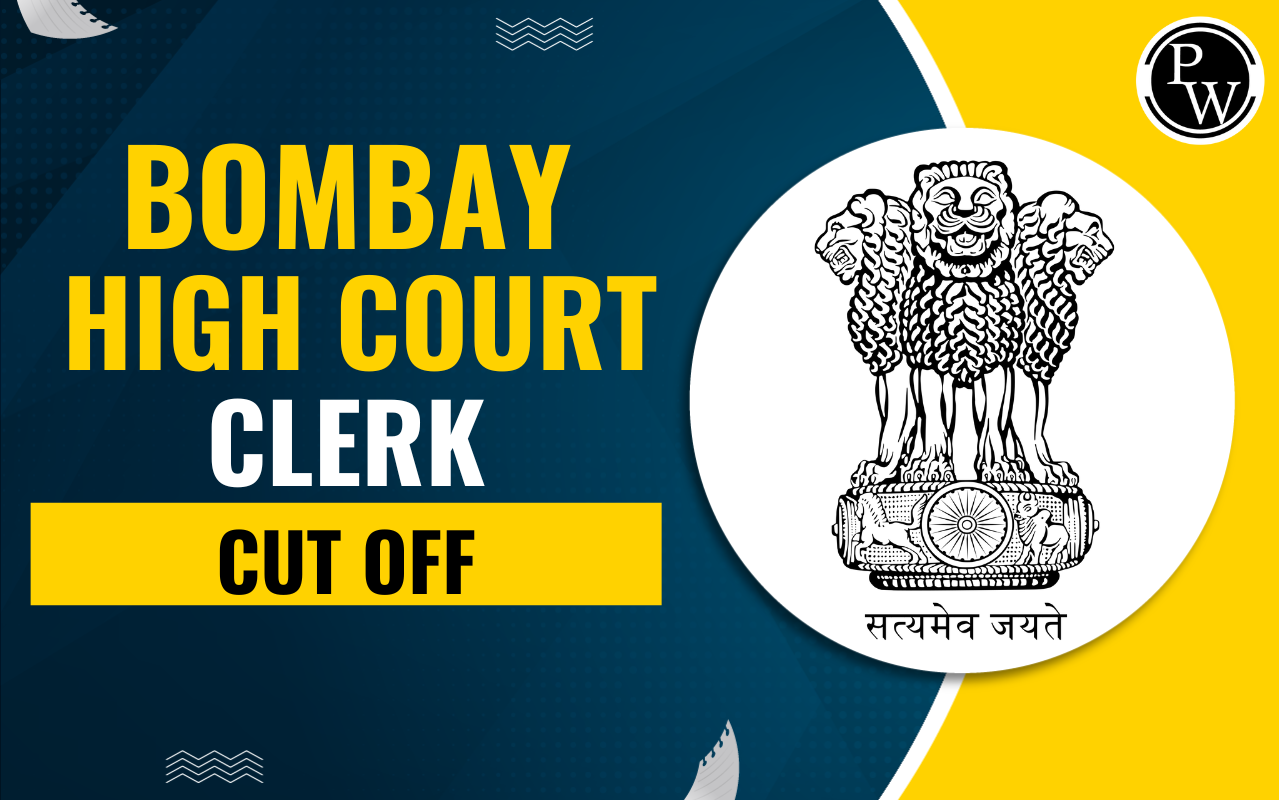
Nanaji Deshmukh Biography: Born on October 11, 1916, in Kadoli, to a humble Maharashtrian family, Chandikadas Amritrao Deshmukh, better known by his stage name Nanaji Deshmukh, struggled to pay for his schooling. Undeterred, driven by a tremendous desire to learn, he worked as a vegetable vendor to pay for his education. He liked social work and was influenced by Lokamanya Tilak. A regular visitor, Dr. Hedgewar encouraged Nanaji to take part in RSS shakhas after spotting his untapped potential.
Also read: Horticulture in Maharashtra
Who Was Nanaji Deshmukh?
Lokamanya Tilak's nationalist beliefs had an impact on political activist Nanaji Deshmukh. He led both the Rashtriya Swayamsevak Sangh and the Bharatiya Jana Sangh. He took an active part in the Bhoodan of Acharya Vinoba Bhave. The driving factor behind social activist Jayaprakash Narayan's call for a complete revolution was Nanaji Deshmukh. He was a social reformer who prioritised education, health, and rural self-sufficiency.
He had Nanaji Deshmukh as one of the key architects of the Janata Party and founded the first rural university in India, Chitarkoot Gramoday Vishwavidyalaya.
Nanaji Deshmukh's Education and Childhood
On October 11, 1916, Nanaji was born in Kadoli, a small town in Maharashtra's Hingoli district. He was from a Deshastha Rigvedi Brahmin household that spoke Marathi. As a sign of his will to overcome financial obstacles, Nanaji sold vegetables to pay for his schooling. He received a scholarship from the Raoraja of Sikar to attend high school in Sikar as part of his scholastic journey. Later, he attended Birla College in Pilani, which is now called Birla School.
In this period, Nanaji also joined the ranks of the Rashtriya Swayamsevak Sangh (RSS). Despite being born in Maharashtra, Rajasthan and Uttar Pradesh were the main regions in which Nanaji was actively involved. He was given the position of "pracharak," a full-time functionary, in Gorakhpur, Uttar Pradesh, by RSS leader M. S. Golwalkar, who saw his potential. Nanaji rose through the ranks of the RSS thanks to his commitment and skills. He ultimately rose to the position of Saha Prant Pracharak of Uttar Pradesh, which subsequently rose to the eighth prant (region) in the hierarchy of the RSS.
Also read: Tribes in Maharashtra
Nanaji Deshmukh: Contributions As Educationist
In 1952, Nanaji Deshmukh founded the first Saraswati Shishu Mandir School in India in Gorakhpur. One of India's private school networks is Saraswati Shishu Mandir School. In Chitrakoot, he also established the Deendayal Research Institute (DRI). Additionally, Nanaji Deshmukh founded Chitarkoot Gramodya Vishwavidyalaya, India's first rural university. In 1947, the RSS produced three magazines: Swadesh, Panchjanya, and Rashtra Dharma. The managing director was Nanaji Deshmukh, and the editor was Atal Bihari Vajpayee.
Career of Nanaji Deshmukh In Rashtriya Swayamsevak Sangh (RSS)
In 1940, many young individuals in Maharashtra joined the RSS when its founder, Keshav Baliram Hedgewar, passed away. Among those who joined the RSS was Deshmukh. He made serving the country his life's work. Nanaji was inspired to join the RSS as a pracharak (full-time employee) in 1940 by Lokmanya Tilak.
His family got in touch with Dr. K.B. Hedgewar, the founder of the Rashtriya Swayamsevak Sangh (RSS). As a pracharak, Nanaji Deshmukh travelled to Uttar Pradesh. In Agra, he met the founder of the Bharatiya Janata Sangh (BJS), Deendayal Upadhyay. the Bharatiya Janata Party's (BJP) forerunner. In order to increase organisational efforts in eastern Uttar Pradesh, Nanaji Deshmukh relocated from Agra to Gorakhpur as a pracharak. Over the course of three years, some 250 RSS shakhas were established in the area.
Also read: Maharashtra Cabinet Ministers List 2024
Political Career of Nanaji Deshmukh
The Bharatiya Jana Sangh was formed as a result of the desire to build a political organisation when the ban was lifted. Deshmukh was given the position of general secretary for the Bharatiya Jana Sangh in Uttar Pradesh by Golwalkar. With the help of Vajpayee's persuasive abilities, Deshmukh's organisational efforts, and Upadhyaya's vision, the Bharatiya Jana Sangh (BJS) rose to prominence in Uttar Pradesh. As a result, BJS became a prominent player in state politics.
In addition to his party colleagues, Deshmukh kept cordial ties with his political rivals. Even though Deshmukh had defeated him several times, Gupta still respected him and called him "Nana Phadanvis." A significant shift in Indian politics was brought about by his affiliation with Dr. Ram Manohar Lohia. Partnerships with socialist parties were made possible by Lohia and Deshmukh's encounter at a BJS karaykarta sammelan. Following the 1967 state assembly election, the first non-Congress coalition government was formed in Uttar Pradesh as a result of this united front exposing the Congress and its misrule.
Deshmukh was an active participant in Vinoba Bhave's Bhoodan Movement. Deshmukh turned down invitations to serve as a Cabinet member in the industry sector from well-known individuals like Narayan and Morarji Desai, the leader of the Janata Party Government. Deshmukh won the Balrampur Lok Sabha seat in Uttar Pradesh by a wide majority in the 1977 elections, which were held following the end of the Emergency. In reaction to Narayan's demand for "Total Revolution," Deshmukh firmly believed in the cause.
Also read: Smallest District in Maharashtra
Other Contributions of Nanaji Deshmukh
Nanaji Deshmukh advocated for rural self-sufficiency, health, and education. His contributions to society are evident in the 500 villages of Chitrakoot. He is also recognised for having established the Saraswati Vidya Mandir educational system in India. He backed the Bhoodan Movement led by Vinoba Bhave. In more than 500 villages in UP and MP, he played a key role in putting a social reform program into action.
The first rural university in the nation was founded by Nanaji Deshmukh. He called it Madhya Pradesh's Chitrakoot Gramodaya Vishwavidyalaya.
Also read: GI tag in Maharashtra
Nanaji Deshmukh Biography FAQS
Who was Nanaji Deshmukh?
When was Nanaji Deshmukh born?
Where was Nanaji Deshmukh born?
What was Nanaji Deshmukh's contribution to rural India?
Which organization did Nanaji Deshmukh work with?









